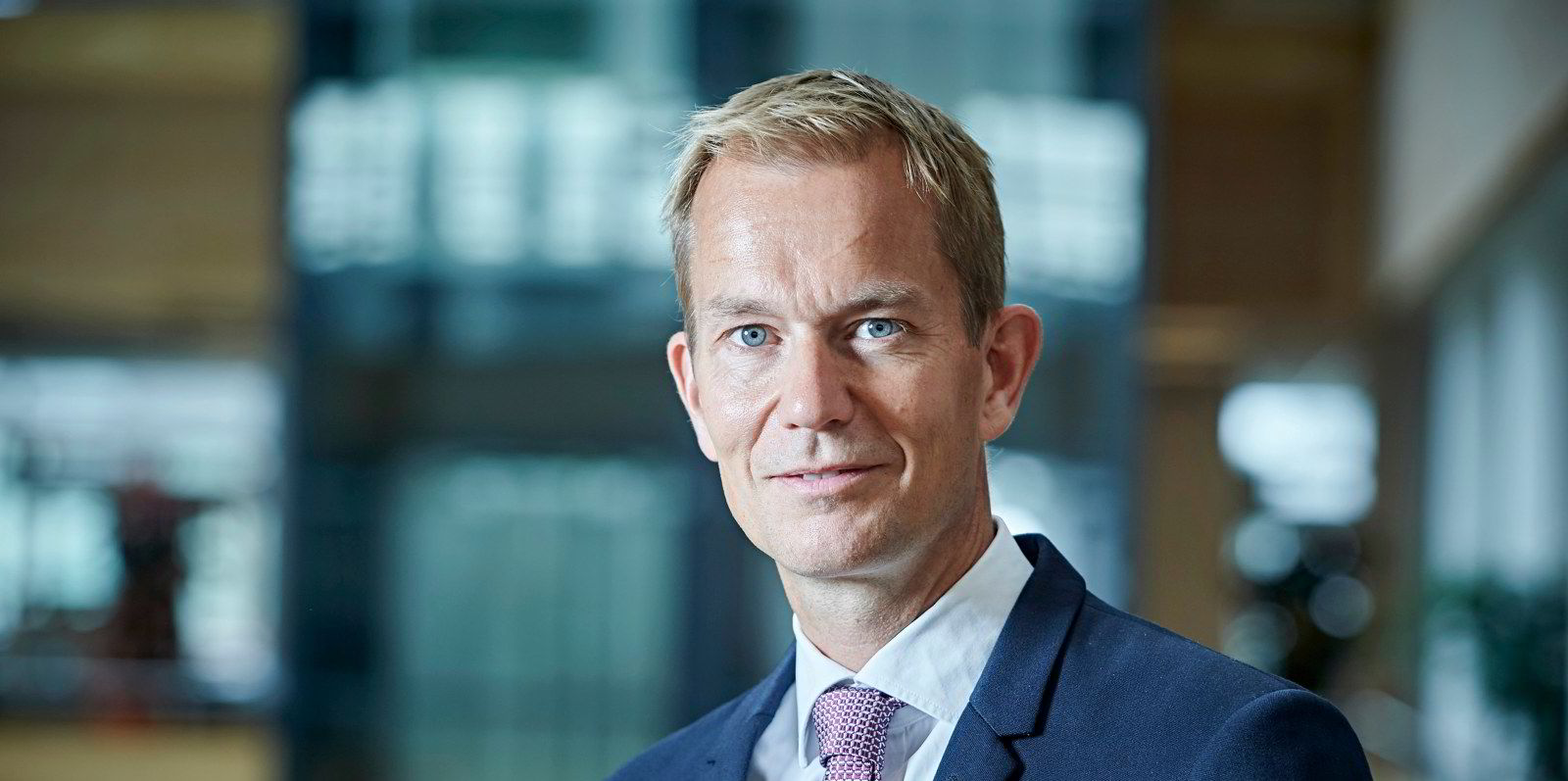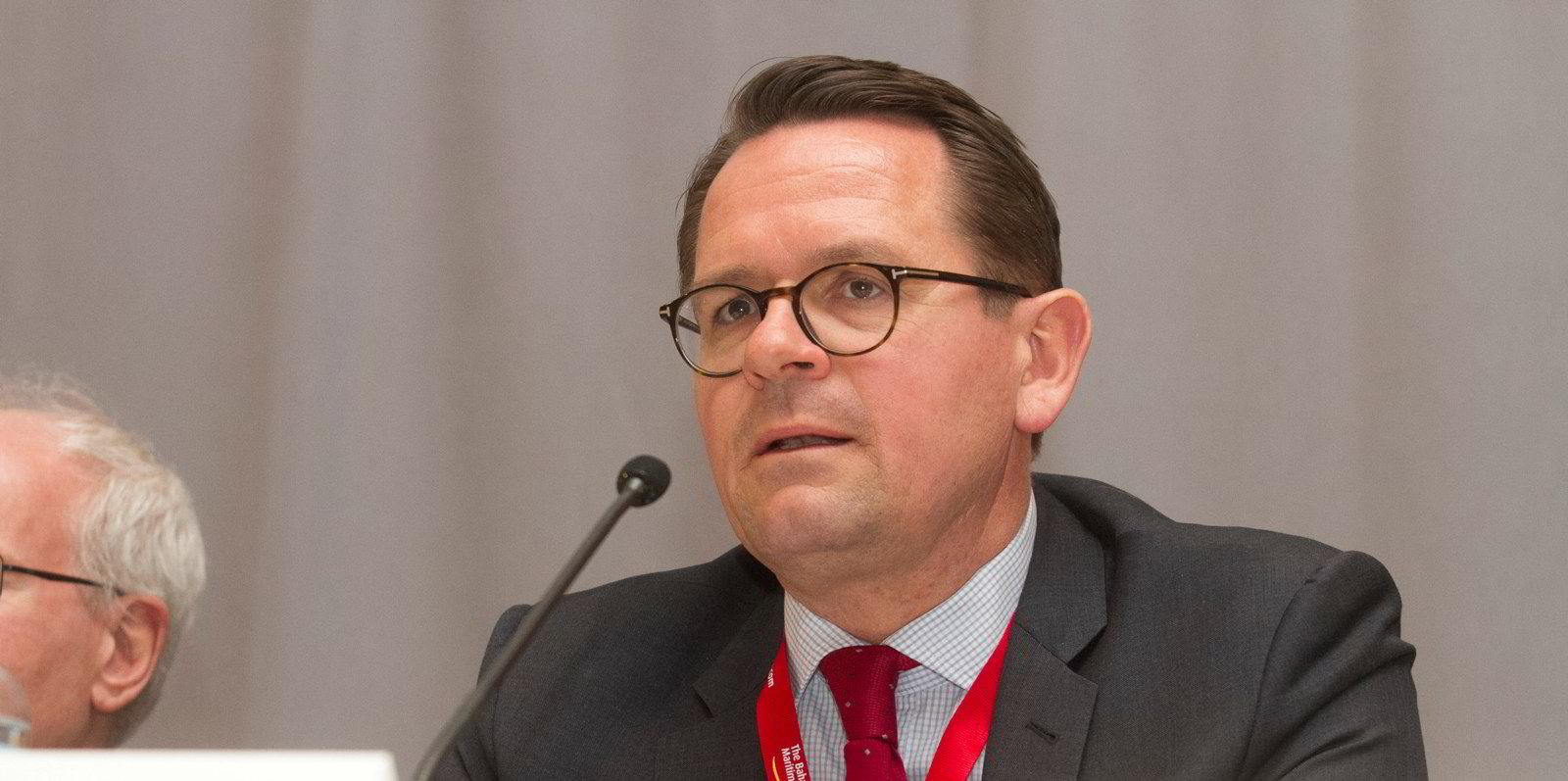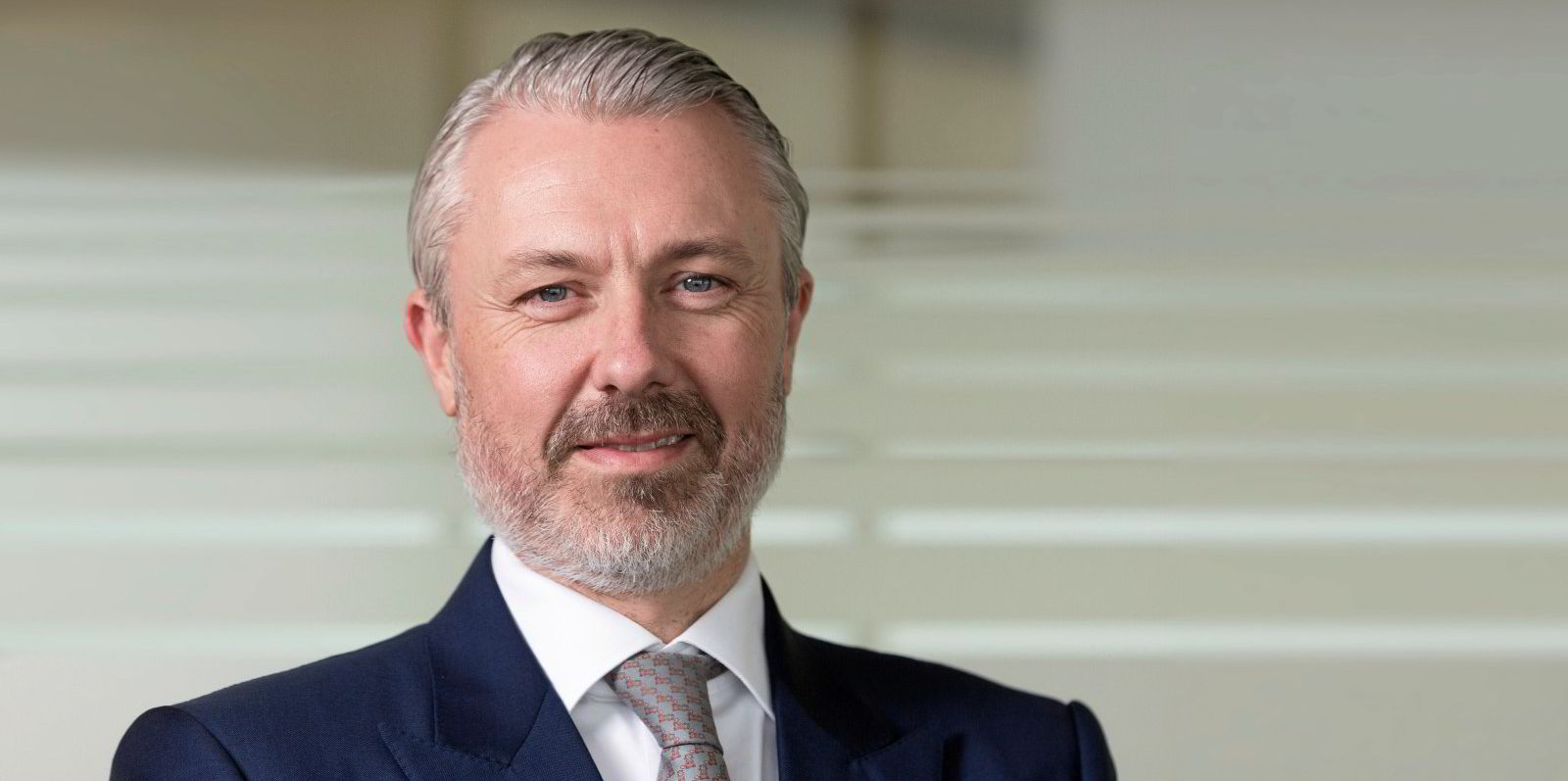Which way to turn in a world calling urgently for shipowners to decarbonise but where there are no clear answers on what targets need to be hit, what future fuels will emerge, and which vessels can be retrofitted with what technologies is a dilemma facing most operators.
Answers — at least along the lines of what may be the initial strategies that look most cost-effective — are about to become available with the launch of a service to help small and medium-size shipowners develop viable decarbonisation strategies.
The Maersk Mc-Kinney Moller Center for Zero Carbon Shipping is teaming up with Maersk Broker Advisory Services and McKinsey & Company to deliver such a service.
The Danish broker’s financial advisory unit partnered the US-based management consultancy last July to develop a service that would give ship operators advice on how to cut carbon emissions, and then approached the Copenhagen research centre, which was set up in 2020 by the AP Moller Foundation to create a shipping sustainability project.
The Maersk Mc-Kinney Moller Center will provide its technical research, decarbonisation expertise and tools to support the service they were already developing using MBAS market research and McKinsey’s QuantumBlack artificial intelligence, which models ways to increase efficiency and use alternative fuels.
The Fleet Decarbonization Optimizer service will combine the groups’ industry knowledge and technical and economic analytical capabilities to model bespoke decarbonisation pathways, the partners said.
It will take data points like fleet size and age, vessel specifics and types of operations into consideration to advise on retrofits of energy efficiency technologies, retirement schedules for legacy vessels and plans for newbuildings capable of using alternative fuels.
A four-week pilot project with an operator of a fleet of about 100 ships proved the system was capable of providing “concrete guidance of potential pathways” for the company to de-risk its decarbonisation strategy and investments, said Maersk Mc-Kinney Moller Center chief executive Bo Cerup-Simonsen.
Until now the Copenhagen-based zero-carbon shipping centre has been able to make public its research and modelling tools but has not been able to work with specific companies on guidance, Cerup-Simonsen said.
But the venture does also raise some questions about the not-for-profit organisation’s independence while working within a commercial venture that will be charging for advice.
Cerup-Simonsen said it was important the centre did not use philanthropic funds for company-specific support so it was important that customers paid for what would be valuable advice.
Stressing the need for the centre to retain its independence, he said: “There are some principles that we need to stick to that are not negotiable. We are not going to engage in anything that creates a bias for us, and we don’t want to have vested interest in any particular fuel or pathway.
“We also need to be extremely professional about how we are using the data that we have received from our partners and customers buying this service.”
The service will be price competitive with the exact cost calculated on a case-by-case basis, he added.
Available research data has to an extent been limited by being aggregated and anonymous, but the guidance will give an initial indication of ways to start moving ahead with energy efficiency, fleet renewal or retrofits, he said.

Maersk Broker Advisory Services will be the first point of contact for customers, and Anders Hald, chief executive of Maersk Broker, reiterated the message that the service aims to overcome uncertainty about what the future holds so that companies can start planning their decarbonisation transition.
“The combined knowledge put into the Fleet Decarbonization Optimizer brings forward the best available data to the industry so companies can make well-informed investment decisions and navigate the uncertainty,” he said.
It will provide “tangible solutions in an environment filled with unanswered questions”, he added.
The aim is also that this new way of leveraging the three partners tools, modelling skills and knowledge alongside close interaction with shipping companies “will inform our research and activities going forward as we learn even more about the concrete, practical challenges the shipping companies face”, said Cerup-Simonsen.
“It’s very much about de-risking decision-making. Many companies want to move but feel there is a lot of risk and want to get an understanding of the uncertainties and the different pathways,” he added.







